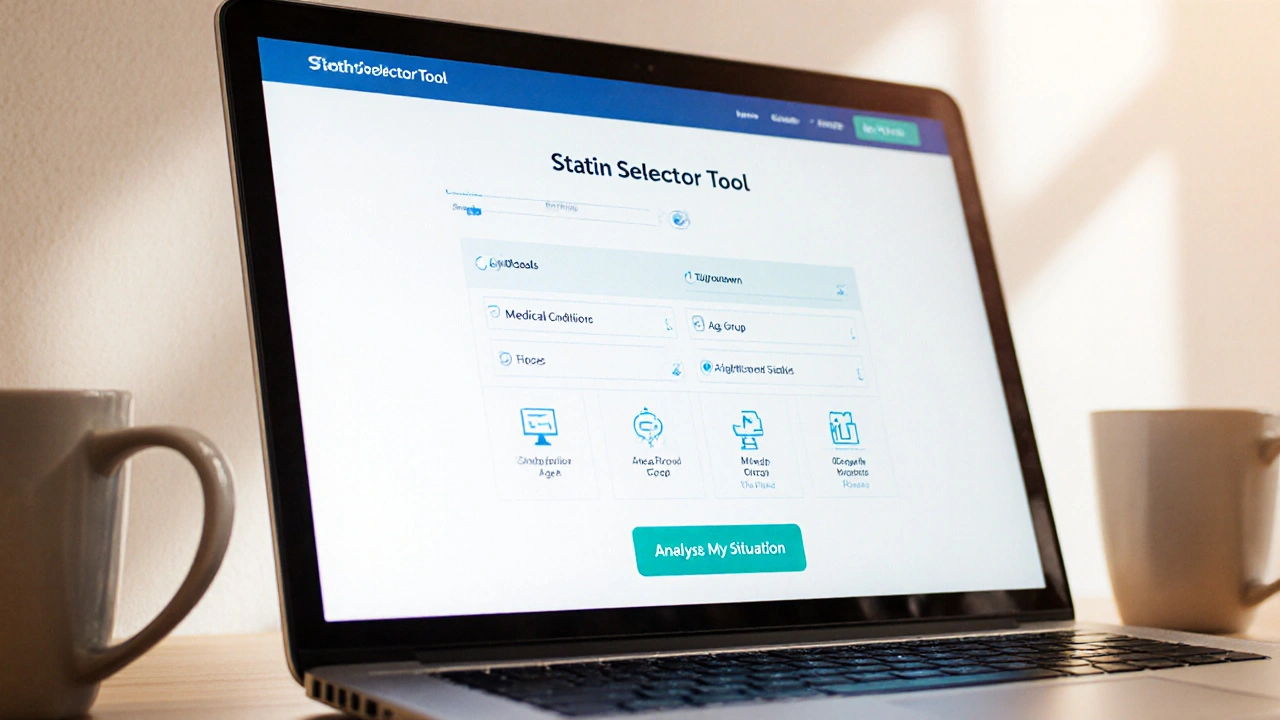Cholesterol Medication: What You Need to Know
If your doctor mentioned cholesterol medication, you probably wonder what it actually does and whether it’s right for you. In short, these drugs help lower the “bad” LDL cholesterol that can clog arteries and cause heart attacks. They’re not a miracle pill, but when combined with a healthier diet and some exercise, they can make a big difference.
Before you start any drug, ask yourself a few simple questions: Do you have high LDL levels? Have you tried lifestyle changes first? Are you aware of possible side effects? Knowing the answers helps you and your doctor pick the right medication and dose.
Types of cholesterol drugs you’ll hear about
Statins – The most common choice. They block the liver’s ability to make cholesterol, lowering LDL by 20‑60%. Popular brands include Atorvastatin, Simvastatin, and Rosuvastatin. Most people start on a low dose and increase if needed.
Ezetimibe – Works in the gut, stopping cholesterol from being absorbed from food. It’s often added to a statin when extra reduction is needed.
PCSK9 inhibitors – Injectable meds like Alirocumab and Evolocumab. They’re pricey but highly effective, especially for people with genetic high cholesterol or those who can’t tolerate statins.
Bile‑acid sequestrants – These bind bile acids in the intestines, forcing the liver to use more cholesterol to make new bile. They can cause gas and constipation, so they’re usually a secondary option.
Fibrates – Target triglycerides more than LDL, but they still help improve overall lipid profiles. If you have high triglycerides along with cholesterol, a doctor might suggest one.
Tips for safe use and monitoring
Start low and go slow. Your doctor will likely order a baseline blood test, then repeat it after a few weeks to check how your levels respond. If you feel muscle aches, dark urine, or unusual fatigue, call the clinic—these can be signs of rare side effects.
Never mix cholesterol meds with grapefruit juice without checking first. Some statins interact with grapefruit and can raise drug levels, increasing the risk of muscle problems.
Keep a medication list handy. Over‑the‑counter supplements like red yeast rice contain natural statins and can add up, leading to overdose‑like symptoms.
Stay consistent. Skipping doses breaks the steady reduction in LDL and can raise your risk again. If you miss a dose, take it as soon as you remember unless it’s almost time for the next one.
Pair the drug with lifestyle tweaks: swap fried foods for baked or grilled, add a handful of nuts or oily fish, and aim for at least 150 minutes of moderate activity each week. Even small changes boost the medication’s effect.
Finally, keep communication open. If your cholesterol drops too low (below 40 mg/dL for LDL), your doctor might lower the dose to avoid issues like hormone imbalance. Regular check‑ups let you fine‑tune the treatment without surprise.
Cholesterol medication can feel like a hassle, but with the right info and a bit of routine, it becomes just another tool for a healthier heart. Stick to the plan, ask questions, and watch your numbers improve over time.
Rosuvastatin vs Alternatives: Which Statin Is Right for You?
A detailed side‑by‑side comparison of rosuvastatin and other common statins, covering effectiveness, safety, dosing, cost and how to pick the best option for you.
About
Healthcare Information

